Doctor Huynh Tan Vu, lecturer of Traditional Medicine Department, University of Medicine and Pharmacy Hospital, Ho Chi Minh City, said that lychee (also known as Lychee) is a small round fruit with rough skin, strawberry red when ripe, one large black-brown seed, white, thick and juicy flesh. The edible part of the lychee is the white pulp, very sweet when eaten fresh. When dried, the pulp is sweet and slightly sour.
According to modern medical research, lychee pulp contains a lot of water, glucose, protein, fat, vitamin C (an average of 40 mg of vitamin C in 100 g of fruit pulp), vitamins A, B, copper, iron, potassium, etc. In addition, lychee also contains many antioxidant compounds including epicatechin and rutin, which help protect against oxidative stress, chronic diseases, cataracts, diabetes, heart disease and cancer.
The antioxidants and vitamin C in lychee are beneficial for the skin and help remove dark spots. Lychee is also rich in potassium which helps regulate blood pressure. In addition, iron, copper, manganese, phosphorus and magnesium, help improve bone and heart health, prevent anemia.
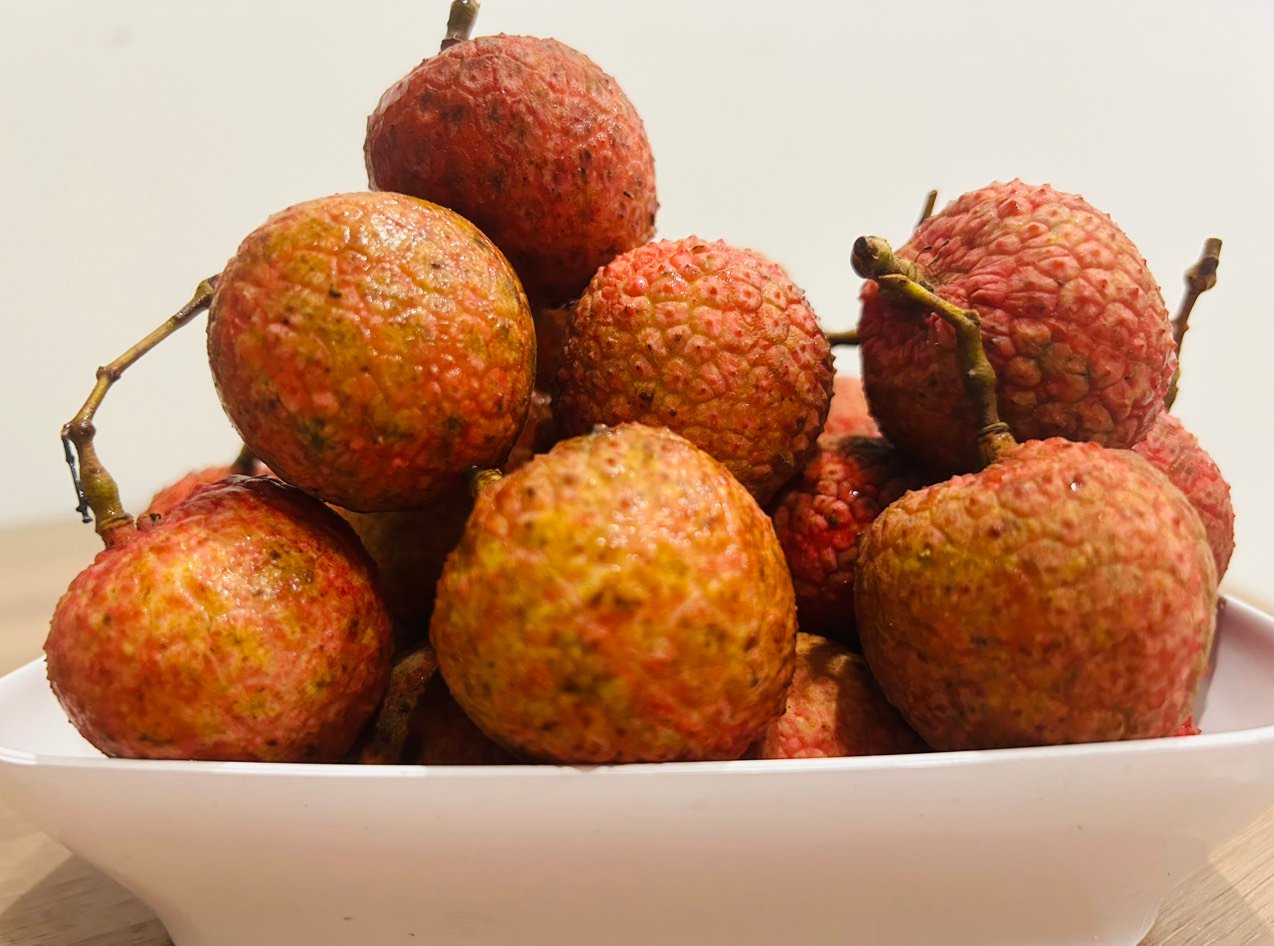
Lychee is rich in nutrients but should be eaten in moderation.
Don't eat too much
In Oriental medicine, lychee flesh is sweet and sour, neutral or warm, has the effect of nourishing blood, quenching thirst, reducing swelling, and treating boils. However, this fruit is yang (hot) in nature, eating too much will dry the lips, can cause nosebleeds in some people, as well as can cause boils or mouth ulcers.
"Therefore, do not eat too much lychee at once, because it can easily lead to heat, dry mouth, sore throat, nausea, etc. Normal people should not eat more than 5-10 fruits/time, pregnant women and children should eat 3-4 fruits/time. Women who have just given birth and are breastfeeding should only eat 100-200 grams if they want to eat. Women before and during menstruation should limit their intake of lychee. Do not eat lychee when hungry," Dr. Vu noted.
Also, people with diabetes should eat lychee in moderation because it has a high sugar content. Lychee can cause allergic reactions in some people.
People with chickenpox, phlegm or colds should not eat lychee because it will make the condition worse.
Source link



![[Photo] "Beauties" participate in the parade rehearsal at Bien Hoa airport](https://vstatic.vietnam.vn/vietnam/resource/IMAGE/2025/4/11/155502af3384431e918de0e2e585d13a)


![[Photo] Looking back at the impressive moments of the Vietnamese rescue team in Myanmar](https://vstatic.vietnam.vn/vietnam/resource/IMAGE/2025/4/11/5623ca902a934e19b604c718265249d0)



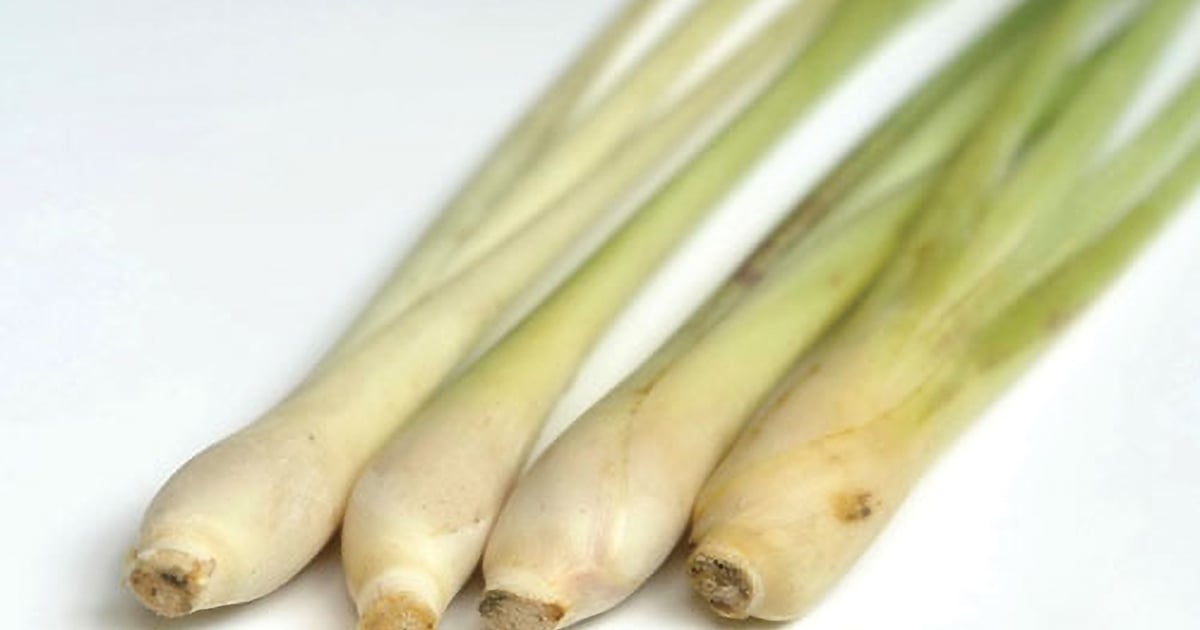




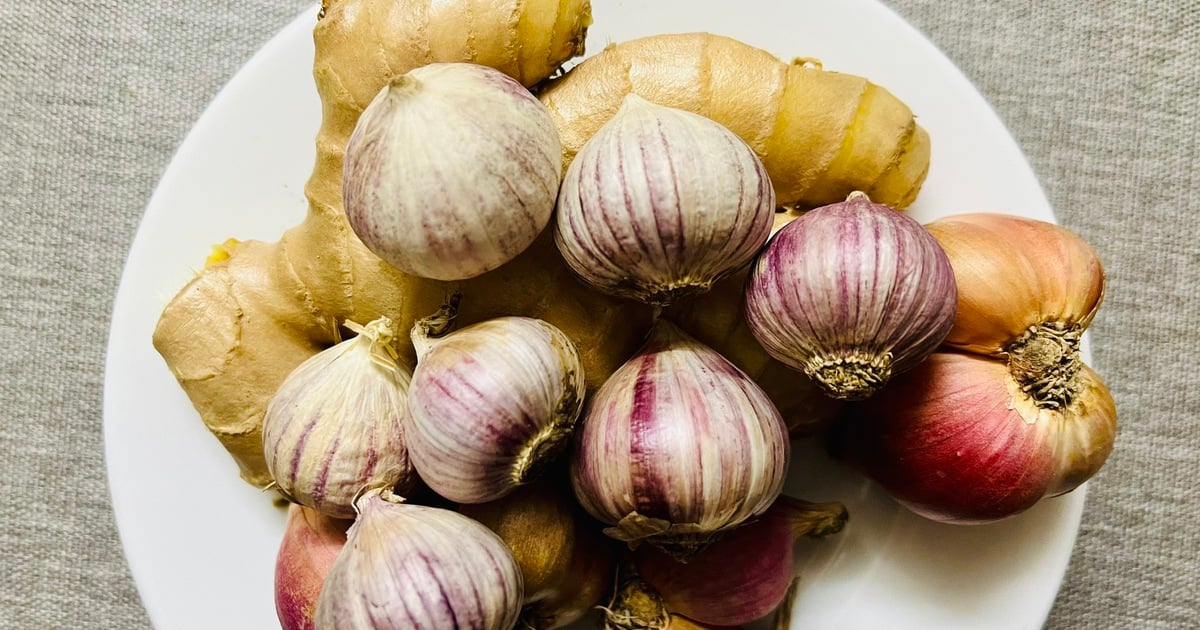
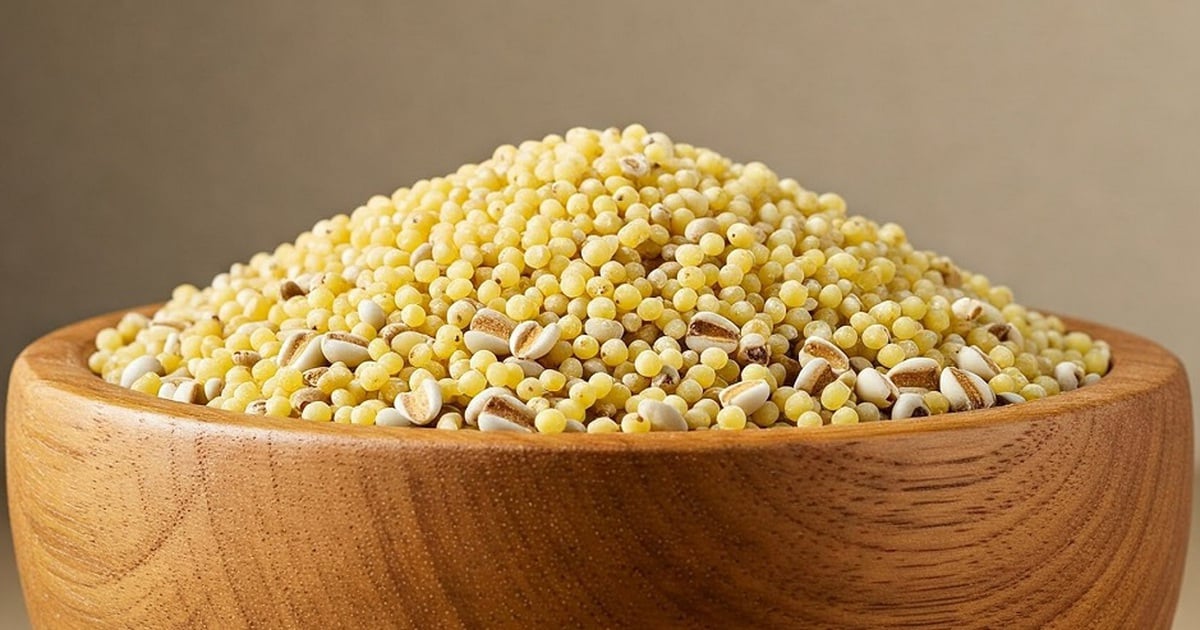














![[Photo] Summary of parade practice in preparation for the April 30th celebration](https://vstatic.vietnam.vn/vietnam/resource/IMAGE/2025/4/11/78cfee0f2cc045b387ff1a4362b5950f)









































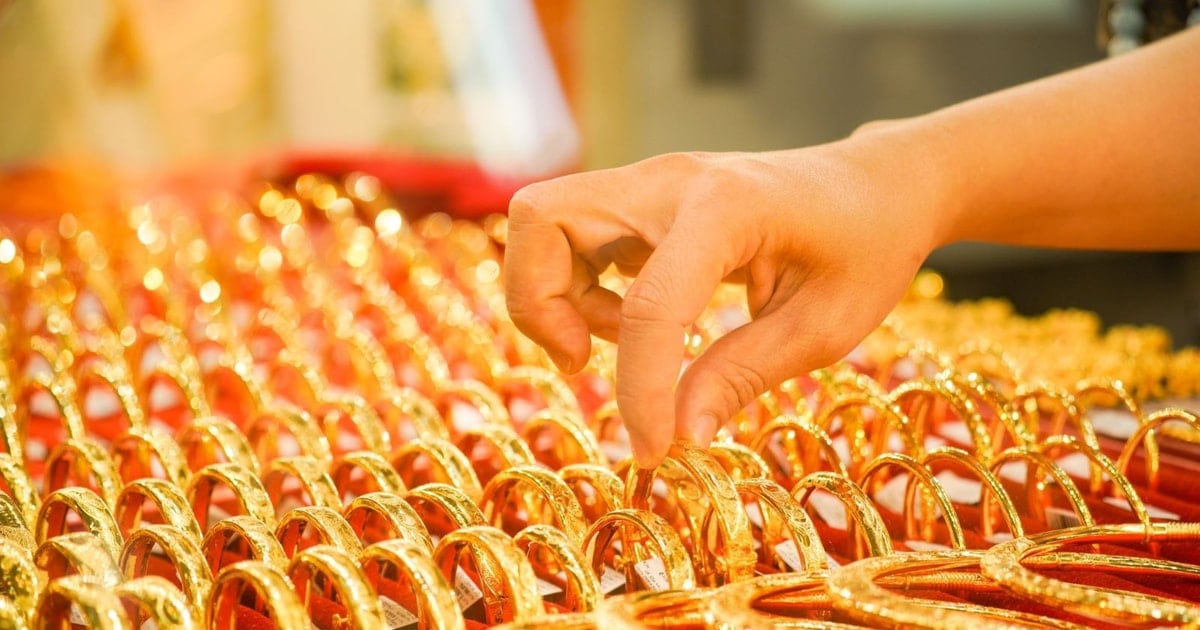





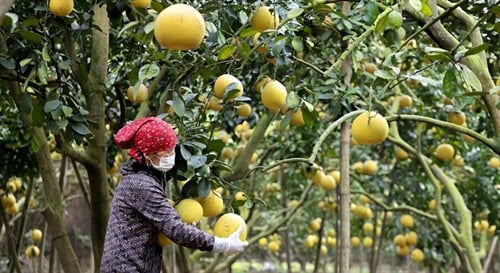












Comment (0)